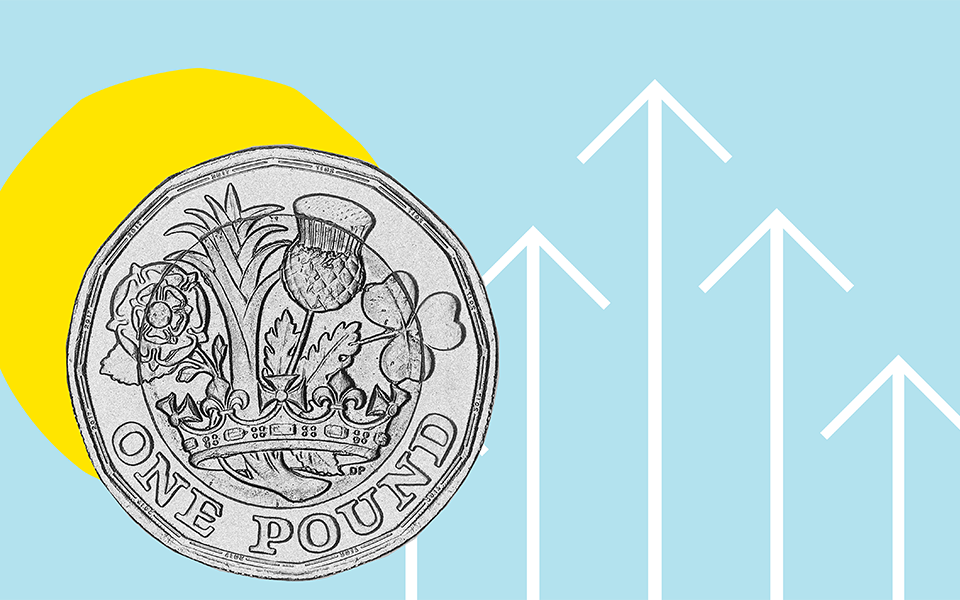Over-65s make the highest investment returns – here’s how they do it

Older investors have made their experience count over the past year, beating the returns of younger fund and stock pickers and clawing back ground after a difficult pandemic.
Research by broker Interactive Investor found that portfolios run by its customers aged 65 and over made on average 25pc over the past 12 months, a higher return than that of any other age group.
It marks a turnaround in performance from last year, when Interactive Investor's over-65 investors were the only age group to make a loss on average. Their portfolios were down 0.9pc in 2020, while investors aged between 18 and 24 enjoyed the highest returns, of an average 8.1pc.
Richard Hunter, of Interactive Investor, said older investors benefited from a rebound by dividend-paying shares in 2021 after their heavy falls last year.
“Investors in this age group generally prefer the British market, which is dominated by sectors such as banking and oil,” he said.
“A number of companies in these industries have either reintroduced or increased previously reduced dividends this year, which helped to boost their portfolios.”
Big dividend payers such as oil giants Shell and BP and pharmaceutical companies AstraZeneca and GlaxoSmithKline, all feature among the 10 most popular investments for Interactive Investor's over-65 customers.
David Longmate, a 65-year-old Interactive Investor customer from Wakefield who has retired from a career in IT, said that he preferred dividend-paying stocks even though he did not rely on his portfolio for income.
“I want my portfolio to be something that my children can inherit. You can lose your returns on growth stocks really quickly. But once a company has given you a dividend, they cannot take it away,” he said.
Mr Longmate owns shares in GlaxoSmithKline and BP, which yield 5.7pc and 5.6pc respectively, and is also a fan of dividend-paying investment trusts.
“They keep money on hand and so can keep paying dividends even in emergency situations,” he said, referencing trusts' ability to hold back 15pc of the dividends they receive from their holdings each year to supplement payouts in lean periods.
Mr Longmate holds the Edinburgh Investment Trust, which yields 2.9pc, and 5.1pc-yielding HICL Infrastructure in his portfolio.
Interactive Investor also attributed older investors’ strong performance to their enthusiasm for investment trusts. Trusts accounted for 27pc of over-65s' portfolios, Interactive Investor found.
Investment trusts tend to perform better than other funds in rising markets, given their use of borrowing to increase returns.
Only one other age group, 18- to 24-year-olds, held more of their portfolios – 33pc – in the shares of investment trusts, according to Interactive Investor. Returns from this age group of 24pc over the past year were the second highest after the over-65s' 25pc.
Scottish Mortgage, Britain's largest investment trust, is the most popular investment across all age groups among Interactive Investor's customers.
Shares in the £20bn trust have risen more than 1,100pc over the past 10 years, thanks to early bets on some of the fastest-rising shares on America's stock market, such as e-commerce giant Amazon and electric car maker Tesla.
Other popular investment trusts among Interactive Investor customers include Alliance Trust and F&C Investment Trust, which invest across global stock markets.

 Yahoo Finance
Yahoo Finance 